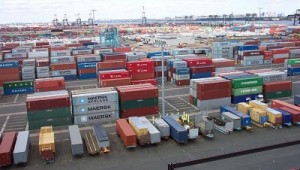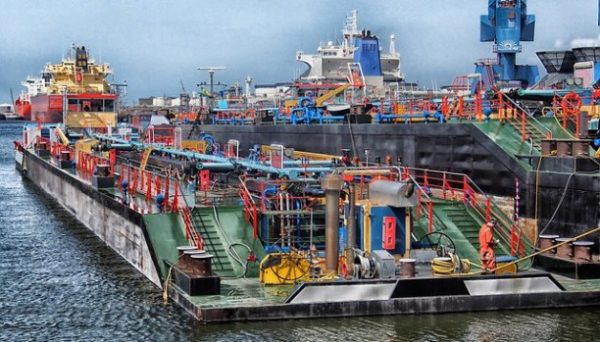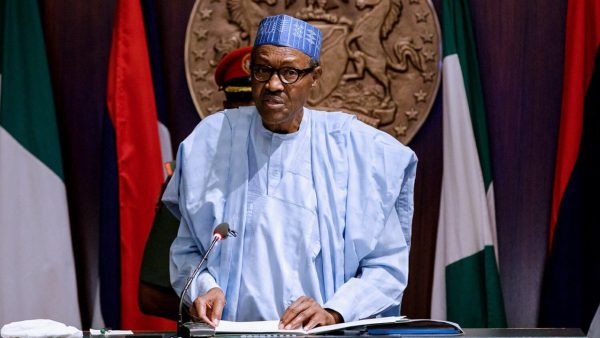Where is Nigeria’s Port Master Plan?

A good plan violently executed now is better than a perfect plan executed next week- George S. Patton
This George Patton’s apt saying underscores the importance of making plans as well as vigorously executing them. This makes one begin to ponder what a cogent maritime sector plan for Nigeria should be. Why don’t we have one yet and how should the nation go about it?
Nigeria needs to develop a long term maritime sector plan to enable the nation know what the future holds for the maritime sector. The essence of such plan is to tell where the nation’s maritime industry will be in the next 10 or 20 years and how to get to that level.
A port master plan helps in identifying new business opportunities, forecasting cargo and traffic flows and indicating the strategic direction of the port. It includes the assessment of needs for extending and upgrading port infrastructure, developing a land use plan over a long period of time.
The absence of a port master plan inhibits informed decision making on development. It opens decision making process to mere conjecture which is probably the reason consideration is being given to requests for development of about five deep seaports in the nation at the same time.
The Managing Consultant, Renaissance Consulting, Mr. Felix Ovbude recently called for the development of a long term Nigerian maritime sector plan to enable the nation know what the future holds for its maritime sector.
According to Ovbude, any infrastructure development to be carried out proximate to port areas must be factored in the national port development plan. He also admonished that every port development plan must have synergy with the development plans of the host state and city.
A look at the Chinese shipping sector plan shows that it epitomizes an ideal port master plan that Nigeria can emulate. China is the world’s largest ship-building nation, providing the majority of the global bulk tanker fleet, with an order backlog worth over $80 billion. However, China is not resting on its oars as the nation remains keen on repositioning itself to go head-to-head with Korea, which leads the value-added, high performance ship-building market.
The Chinese government developed and approved an ambitious maritime sector plan which they called “Made in China 2025”. The Chinese government also swiftly ensured the merger two of the nation’s shipping giants – COSCO Group and China Shipping Group (CSG) to form the China Cosco Shipping Corporation Limited which boasts a combined fleet of 1,114 ships of various types.
Subsequently, Chinese shipyards are now tasked with designing vessels with technology at the forefront in order to reduce operator costs over time as well as build more efficient ships. This shows that the country is committed to competing in the marine industry at a global level in the long term.
Nigeria can copy this Chinese model to ensure its shipping sector evolves with the rapid changes and development witnessed in maritime domain globally.








